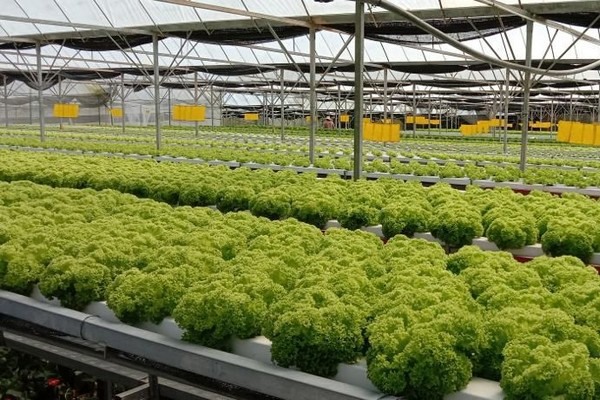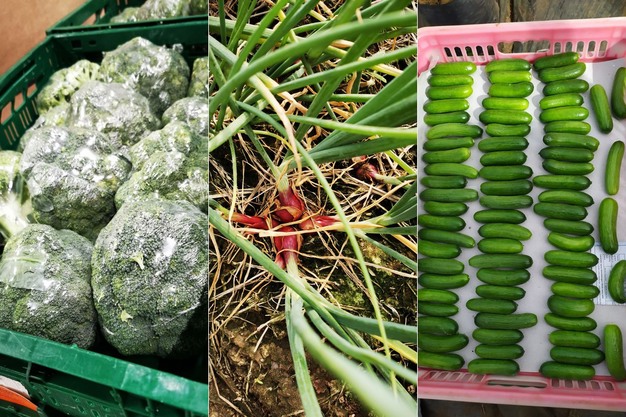The vegetable production in Malaysia still has the potential to grow. Agung Pratama, Area Business Manager for seed company Bejo Indonesia states that recently they’ve been more aggressive in order to increase their market share in the region: “Bejo is a seed company that has existed in the Southeast Asian region for over 15 years. We have relationships with regional dealers in key countries in Southeast Asia. In the last few years, we’ve been more aggressive in order to capture more markets in the region. With the support of Bejo Zaden BV, we opened a sales office in Indonesia, as well as a Research and Production Facility in Da Lat, Vietnam. With this strategy, we wish to capture more customers not only with our products but with our services.”

Although Malaysia does produce the vegetables it needs, it still has to import quite a bit from other countries, Pratama explains: “Malaysia is self-producing several key crops in the main production area in Cameron Highland. Cameron Highland produces several key crops that are needed by both the Malaysian market and the export market. Among them are all sorts of Asian greens, fruit crops, and hydroponically grown lettuces. Some of the produce that Malaysia needed were also imported from surrounding countries in Asia and Australia.”
Companies will have to work together across the entire supply chain for vegetable cultivation to be able to evolve further. Pratama says: “To develop more commercial production areas in Malaysia, each state government must have the willingness to link with the private sector so that small-scale, field trials of various vegetables can be started. There also needs to be a coalition between each factor in the supply chain. In the end, the seed sector will not play a major role, but only a supporting facet of the process. Our role is of utmost importance, due to our ability to provide a pipeline of products that may be able to be developed and cultivated in Malaysia's climatic conditions. We need to support knowledge transfer to our Malaysian partners.”

The Government plays a very important role in the development of vegetable cultivation in Malaysia, Pratama feels: “In this particular project, the state government is playing the most important role as they are giving us chances to try our varieties and technical support. The government is very welcoming for the private sector to take part in their state agricultural development. Their openness and willingness to cooperate has been shown by their support to make things happen, especially for field trials and related permits to deliver the project foundation.”

“Bejo is regularly having their open day both in Europe and Southeast Asia. With this internal staff can absorb knowledge through our internal demos that can be transferred to our customers in Southeast Asia. With this project, we will transfer our knowledge from seeds to seedling and crop management, for our clients to be able to get good yields. In the end, we don’t want to be known as a trading company, but with our people and activities, we wish to be known as a company that cares for our customers,” Pratama concludes.
For more information:
Agung Pratama
Bejo Indonesia
Tel: +62 21 80641847
Email: [email protected]
www.bejoindonesia.com
